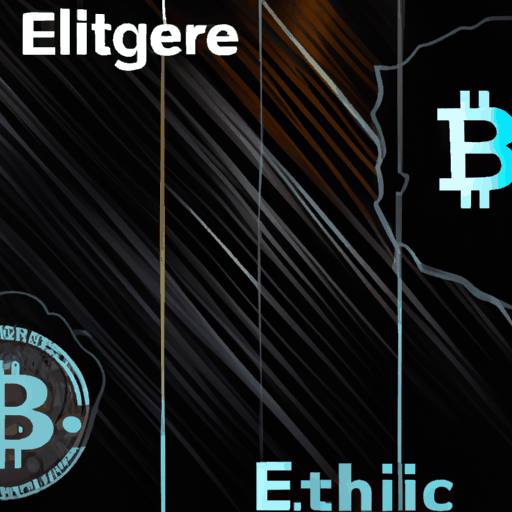
Cboe Advocates for Spot XRP ETFs Amid Growing Institutional Interest
By: Eva Baxter
Cboe has taken a significant step by submitting four different 19b-4 applications to the U.S. Securities and Exchange Commission (SEC) to introduce spot XRP exchange-traded funds (ETFs). These filings signify a pivotal move toward regulatory approval for these new investment products. The applications were submitted on behalf of esteemed asset managers including WisdomTree, Bitwise, 21Shares, and Canary. This initiative comes amid increasing anticipation and institutional interest in XRP-related investments, hoping to leverage the demand for these innovative financial products.
The process for such ETF approval involves the SEC first acknowledging the receipt of these filings, after which a 240-day window opens for the agency to conduct a comprehensive review and deliver its decision. Ripple's CEO, Brad Garlinghouse, has expressed optimism about these developments. His response on social media hinted that the approval of such ETFs could be imminent, reinforcing the sentiment that XRP ETFs are an inevitable progression in the investment landscape.
The proposed XRP ETFs intend to track the price performance of XRP, which is currently the fourth-largest cryptocurrency by market capitalization. One of the intriguing aspects of these ETFs is the assurance that authorized participants will not directly transact XRP during the creation or redemption of the ETF shares. This mechanism is designed to allow fund managers to mirror XRP's market price fluctuations without directly holding the asset itself. Comparisons have been drawn between these spot XRP ETFs and existing spot Bitcoin and Ethereum ETFs, particularly highlighting the SEC’s approval precedents for these products despite the relatively underdeveloped futures market for XRP. Crucially, Cboe argues that sufficient measures are in place to address concerns about fraud and market manipulation, which have historically been pivotal issues in the SEC's approval processes for cryptocurrency-linked financial instruments.
The push for XRP ETFs reflects a broader trend of established players within the financial industry increasingly advocating for robust crypto investment vehicles. Such interest not only demonstrates the growing institutional confidence in digital assets but also underscores the importance of developing regulatory frameworks that can effectively accommodate the evolving crypto markets. The strategies proposed by the involved asset managers to mitigate regulatory concerns include sourcing XRP from secondary markets and enhancing transparency and security.



